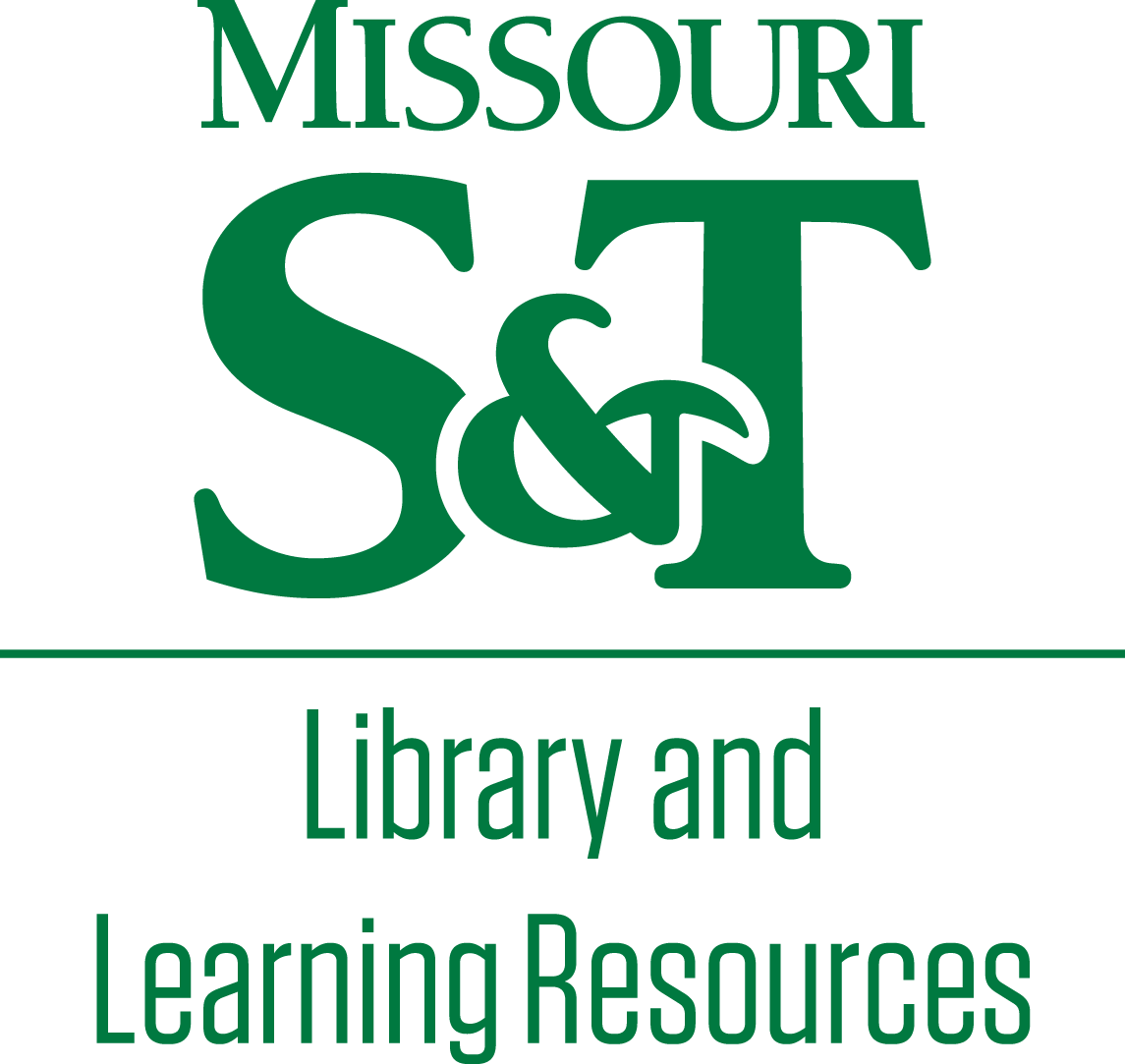Department
Civil, Architectural and Environmental Engineering
Major
Environmental Engineering
Research Advisor
Merfeld-Langston, Audra L.
Advisor's Department
Arts, Languages, and Philosophy
Funding Source
OURE
Abstract
Credibility is vital for comprehending the world around us. This is as true today as it was in the 18th century when Diderot and d'Alembert were producing France's first Encyclopédie. Translating articles from this body of knowledge provides insight into public perceptions of credibility. Designed to collect and share knowledge, the Encyclopédie required extensive collaboration among experts and editors. Article topics ranged from philosophy to the arts to physical science. What made these articles credible? Was it the oversight of well-known editors, the use of already verified sources, or the seal of approval from the State? Or was it a mix of these? What if the topics strayed into mystical territory? Numerous articles delve into the realm of divination, exploring types, procedures, and history. How were entries on ophiomancy, pyromancy, alectryomancy, and other types of divination legitimized? What does this reveal about credibility in the Age of Enlightenment?
Biography
Jessi Schoolcraft is a junior working toward her Bachelor's degrees in Environmental Engineering and Multidisciplinary Studies. During her time at S&T, she has been active in the Honors Academy and Chi Epsilon, while working as a Student Ambassador for the Office of Admissions. This is her second year participating in the OURE program in the Department of Arts, Languages, and Philosophy and she hopes to continue her work after she comes back from studying and interning abroad in France during the 2021-2022 academic year as part of the Global Engineering Program.
Research Category
Arts and Humanities
Presentation Type
Poster Presentation
Document Type
Poster
Award
Arts and humanities poster presentation, First place
Presentation Date
28 Apr 2017, 1:45 pm - 2:00 pm
Included in
Credibility and Divination in the Age of Reason
Credibility is vital for comprehending the world around us. This is as true today as it was in the 18th century when Diderot and d'Alembert were producing France's first Encyclopédie. Translating articles from this body of knowledge provides insight into public perceptions of credibility. Designed to collect and share knowledge, the Encyclopédie required extensive collaboration among experts and editors. Article topics ranged from philosophy to the arts to physical science. What made these articles credible? Was it the oversight of well-known editors, the use of already verified sources, or the seal of approval from the State? Or was it a mix of these? What if the topics strayed into mystical territory? Numerous articles delve into the realm of divination, exploring types, procedures, and history. How were entries on ophiomancy, pyromancy, alectryomancy, and other types of divination legitimized? What does this reveal about credibility in the Age of Enlightenment?


